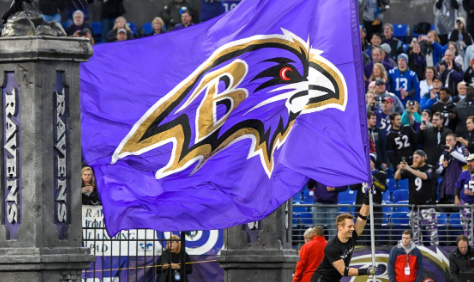
Stephen A. Smith has suggested that the Baltimore Ravens and Washington Commanders should share a stadium, similar to how the New York Giants and Jets have shared a venue since 1984, and the Los Angeles Rams and Chargers have done so at SoFi Stadium since 2020. Smith shared this idea on ESPN amid the ongoing controversy surrounding the Commanders’ efforts to build a new stadium in Washington, D.C., a situation further complicated when former President Trump stated he would block the deal unless the team reverted to its former, controversial name.
Smith explained his vision, saying he has long wanted the two teams to share a stadium located in Maryland, which would still provide jobs for people in D.C. He argued that this approach would simplify many of the challenges the teams currently face and allow for a schedule packed with home games, playoffs, and other events. According to Smith, having a shared stadium in Maryland would be more practical and avoid the current uncertainties around the Commanders’ stadium plans.
However, Smith’s idea has faced skepticism and criticism, especially from local fans and media. The Commanders are determined to return to a stadium within Washington, D.C., rather than moving to the suburbs, and there is little enthusiasm for sharing a stadium with another team from a different state. Moreover, the Ravens already have a stadium in Baltimore that is undergoing renovations, making a shared facility less appealing to them, especially since the Commanders play in a larger media market.
Social media reactions to Smith’s proposal were largely negative, with many pointing out the practical difficulties and cultural differences between Baltimore and D.C. fanbases. Critics also compared his idea to absurd scenarios like asking the Chicago Bears and Green Bay Packers to share a stadium or the Yankees and Mets to share a home, underscoring how disconnected the suggestion seemed to many followers of the teams.
While Smith’s proposal aims to address logistical and economic issues surrounding the Commanders’ stadium future, it appears out of step with local realities and fan preferences. Nonetheless, Smith’s ability to quickly analyze the political complications around the team’s name controversy was acknowledged, even if his stadium-sharing concept missed the mark with many in the Baltimore-Washington sports community.






